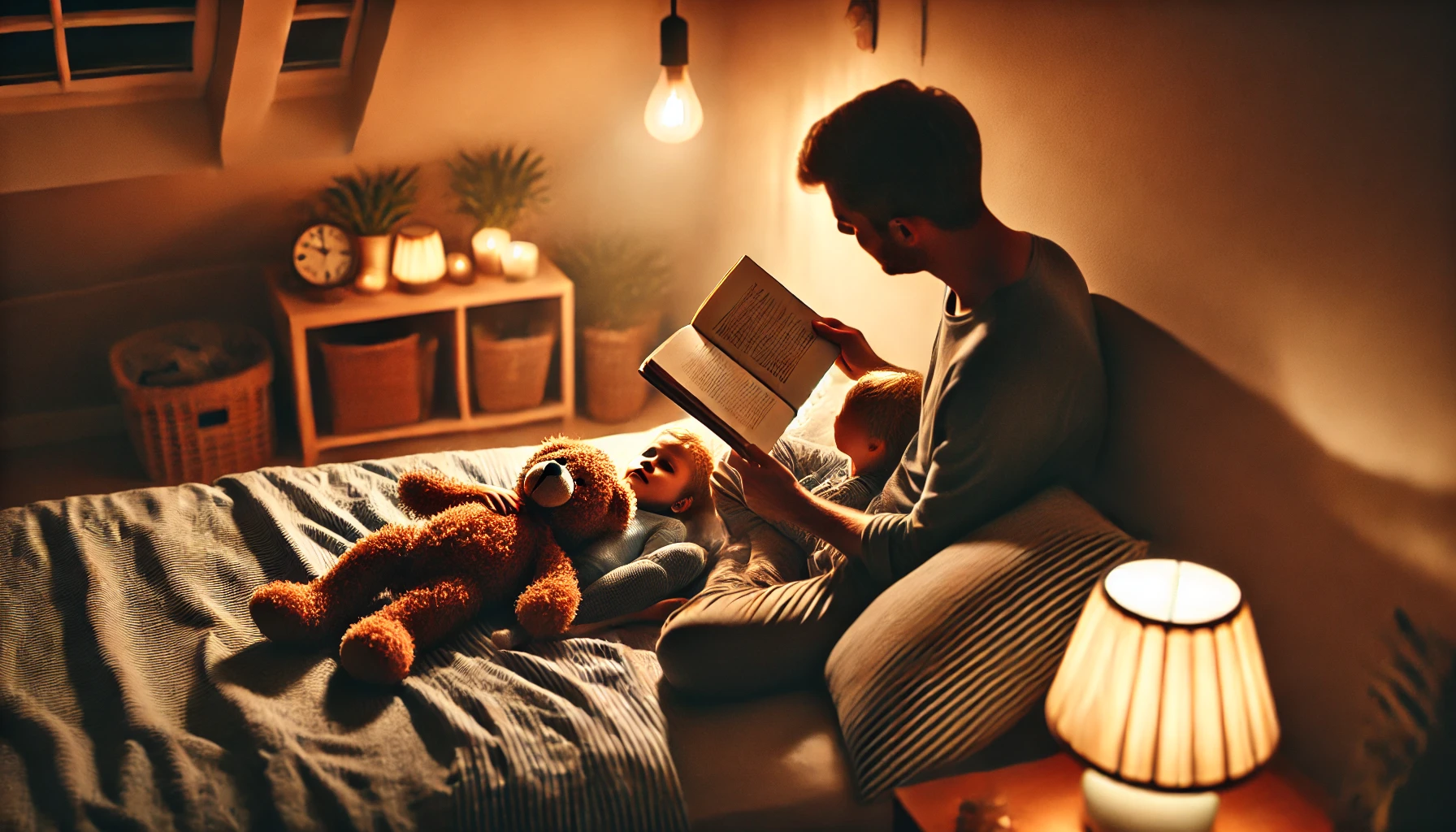How to Teach Young Children About the Importance of Rest and Sleep
Rest and sleep are essential for a child’s growth, brain development, emotional balance, and energy. But many young children resist bedtime or struggle to understand why sleep is important. Teaching kids about rest doesn’t need to be clinical—it can be fun, visual, and comforting. With the right routines and mindset, parents can help children embrace rest as a vital part of feeling their best.
Why Sleep and Rest Matter for Kids
- Supports physical growth and brain development
- Improves memory and learning
- Reduces irritability and emotional outbursts
- Boosts the immune system
- Helps kids wake up feeling ready for the day
1. Teach What Sleep Does for the Body
Help kids understand how their body uses sleep to stay strong and healthy.
Activity Idea:
- Say: “Sleep helps your body grow, your brain learn, and your heart rest.”
- Use a visual chart showing what happens during sleep: muscles repair, memories store, etc.
- Read books like Why Do I Have to Go to Bed? to explain sleep in a kid-friendly way.
What Kids Learn:
- That rest isn’t boring—it’s powerful.
- How sleep supports how they feel during the day.
- That their body and brain need downtime.
2. Establish a Consistent Bedtime Routine
Routines help children feel secure and signal to the brain that it’s time to rest.
Activity Idea:
- Create a 4-step bedtime routine (e.g., bath → pajamas → story → sleep).
- Use a bedtime visual schedule so your child knows what comes next.
- Keep bedtime and wake-up times consistent—even on weekends.
What Kids Learn:
- That predictability helps the body settle down.
- How to prepare their minds and bodies for sleep.
- Independence in following their routine.
3. Create a Calm Sleep Environment
The right space makes sleep easier and more comfortable.
Activity Idea:
- Use a nightlight, soft blankets, and their favorite stuffed animal.
- Keep the room dark, quiet, and cool.
- Play calming music or white noise if it helps your child relax.
What Kids Learn:
- That sleep happens best in a quiet, cozy space.
- How to set the mood for good rest.
- That their sleep space is a safe, special zone.
4. Help Kids Wind Down With Quiet Activities
Shifting from stimulation to calm is key for restful sleep.
Activity Idea:
- Avoid screens 1 hour before bedtime.
- Read books, color, or play with calming toys instead.
- Try a short kid-friendly meditation or breathing exercise.
What Kids Learn:
- How to shift from high energy to calm.
- The benefit of screen-free time before bed.
- Simple strategies to relax.
5. Explain the Difference Between Rest and Sleep
Kids can learn that even when they don’t feel tired, their bodies still need quiet time.
Activity Idea:
- Say: “Rest is when your body is still and calm, even if your eyes are open.”
- Create a “rest basket” with books, quiet toys, or music for nap or wind-down time.
- Use this for quiet time during the day—even if your child doesn’t nap anymore.
What Kids Learn:
- That slowing down is valuable.
- How to enjoy downtime without needing to sleep.
- Self-regulation through rest.
6. Talk About Feelings Around Sleep
Some kids resist sleep out of fear, anxiety, or missing out.
Activity Idea:
- Ask: “What do you think about when it’s time to sleep?”
- Offer comfort: “It’s okay to feel nervous. I’m close by.”
- Use storytime to talk about dreams, comfort, and nighttime adventures.
What Kids Learn:
- That they can express emotions safely.
- How sleep is a peaceful, positive part of life.
- That you are there to help them feel secure.
7. Reward Positive Sleep Habits
Praise builds motivation and consistency.
Activity Idea:
- Use a sleep chart with stars or stickers for getting ready for bed on time.
- Celebrate progress: “You stayed in bed all night—great job!”
- Offer non-material rewards, like choosing the next bedtime story.
What Kids Learn:
- That effort and routines are recognized.
- The satisfaction of following through on rest.
- Motivation to build habits long term.
8. Be Patient and Stay Consistent
Kids learn best with repetition and calm support.
Activity Idea:
- Stick to routines, even when your child resists.
- Keep calm during bedtime battles—your energy sets the tone.
- Remind them: “Sleep helps you play and grow tomorrow.”
What Kids Learn:
- That good rest takes practice.
- The connection between choices today and feelings tomorrow.
- How support and love guide their growth.
Final Thoughts
Teaching young children the importance of rest and sleep is one of the best gifts you can give them. It builds their physical strength, supports emotional stability, and helps them thrive. By building routines, creating a peaceful environment, and guiding them with care, parents can help children view sleep not as an interruption—but as a superpower.
